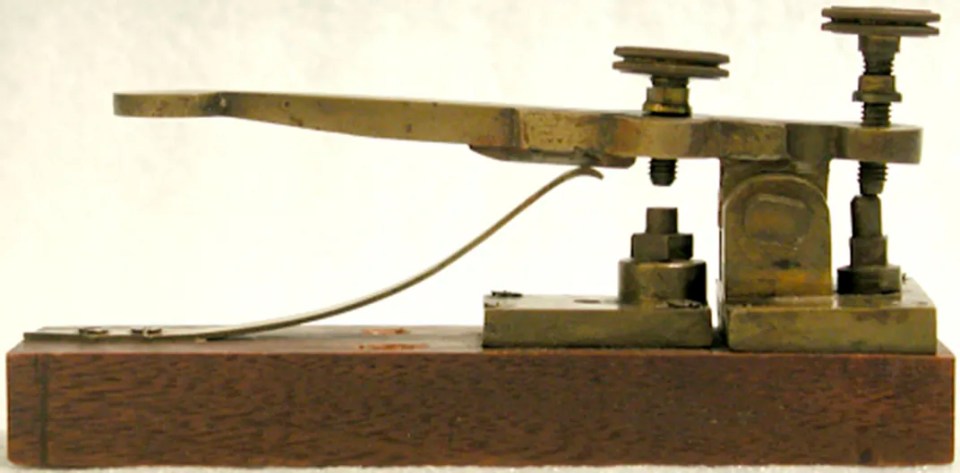“History doesn’t repeat itself but it often rhymes.”
Mark Twain (often ascribed)

This quote–so often applied to political and world events–is familiar to anyone with an interest in historical trends. It tells us that any momentous or transformative event is rarely completely new. There is often a past event that, though not identical, mimics the patterns of the current event. As such, understanding the causal relationship between the situations leading to the past event, and the interplay of relevant forces, may help us deal more effectively with the current situation.
As an example of this phenomenon, consider the similarities between the influenza pandemic of 1918 and the COVID pandemic of the 2020’s.
For instance, the brouhaha around mask mandates during the COVID pandemic might seem to be due to a unique confluence of factors seen only during the modern technological age: the availability, through social media, of quick and easy communication, permitting the rapid spread of bad information, and the formation of groups of people opposed to those mandates.
If so, we would be wrong.
During the 1918 influenza pandemic, there were a number of efforts to oppose the mandated wearing of masks. For instance, the Anti-Mask League of San Francisco was formed just after the introduction of a mask mandate in that city. The League included physicians, citizens, and civil libertarians, and were drawn together through the “social media” of the day: newspapers and publicly distributed pamphlets.
“Some objections to the ordinance were based on questions of scientific data while others considered the requirement to infringe on civil liberties.”
Wikipedia
There are, of course, many cases of this “rhyming” occurring in wars.
In 1812 French Emperor Napoleon – born a Corsican outsider – is unprepared for an extended winter campaign, yet invades the Russian Empire, precipitating the fall of the French Empire; and in 1941 German Führer Adolf Hitler – born an Austrian outsider – is unprepared for an extended winter campaign, yet invades the Russian Empire’s Soviet successor state (which is ruled by Joseph Stalin, born a Georgian outsider), thus precipitating the fall of the German Third Reich.
Wikipedia
That being said, I find that most of us don’t think that technological history rhymes or even has the same melody. Isn’t, after all, the point of modern technology that it’s unlike anything that preceded it?
I was disabused of this notion some time ago when I read The Victorian Internet: The Remarkable Story of the Telegraph and the Nineteenth Century’s On-line Pioneers.
The theme of the book is that the introduction of the telegraph, and its impact on society, had effects that mimic the impacts of the internet in today’s world. The development of the telegraph even had its share of oddballs, much like today.
But you might argue that there are many differences with the internet. Surely the idea of, for instance, finding and communicating with distant, unknown persons for possible romantic purposes is something that could only be done with today’s dating apps.
Well…not so much.
Wired Love: A Romance of Dots and Dashes reads very much like a 19th century version of You’ve Got Mail! (In very proper English, as one review notes.)
Written in 1880 by Ella Cheever Thayer, the fictional story includes the modern rom-com elements: a meet-cure between two telegraph operators in towns 50 miles apart; the oh-so-necessary element of an identity mix-up, a breakup, and dramatic revelations, ending with the two parties ending up together.
“There certainly is something romantic in talking to a mysterious person, unseen, and miles away!’ thought Nattie, as she put on her hat.”
Wired Love: A Romance of Dots and Dashes
Listening to an audio version of the book is a bit of a task–19th century English was a bit flowery, and some cultural references do not connect. But all in all, the story is as fascinating as any modern piece of fiction.
As a technologist, is was a reminder that even when it comes to us, the users of all that modern technology has to offer, use new technologies in ways that meet our social needs–which don’t change so much as we think.
“Thayer’s novel just goes to show that new technology and romance have gone hand-in-hand for many, many years. We wonder if the New York Times published a trends piece about the “end of courtship” in 1880, too?”
HuffPost

 English | EN
English | EN 